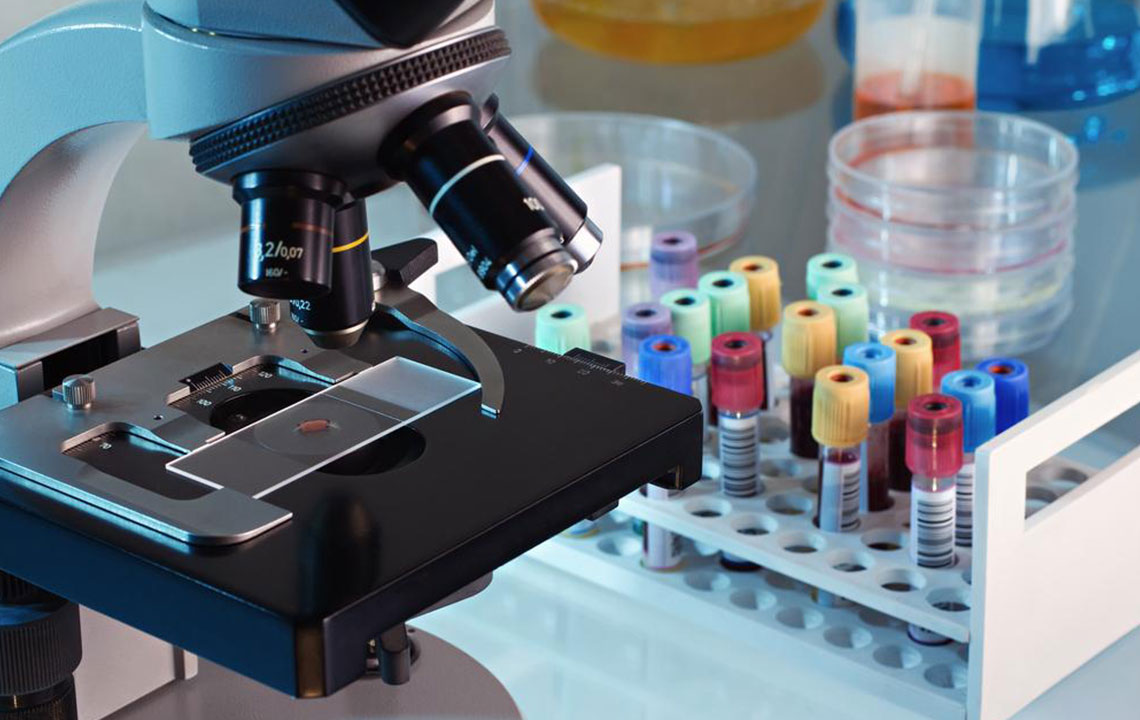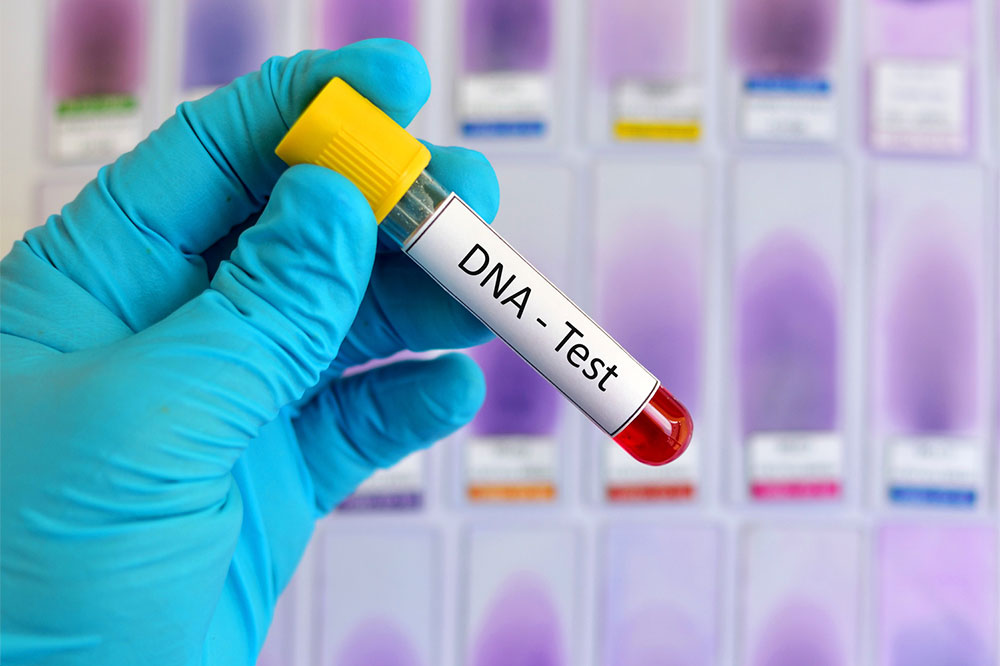Essential Tips Before Choosing a Home DNA Test Kit
Discover key tips before choosing a home DNA testing kit. Learn about the process, accuracy, and what to consider when buying from reputable brands. Make informed decisions for reliable genetic insights without unnecessary complexity or false expectations.

Essential Tips Before Choosing a Home DNA Test Kit
The demand for personal DNA testing kits has surged, surpassing traditional hospital or clinic tests primarily due to their affordability and convenience. These kits allow individuals to explore their genetic information privately at home, making them an appealing alternative. While clinical tests use advanced, often costly methods, at-home kits provide a budget-friendly option. However, it's crucial to understand how these kits work to ensure accurate results. Being informed helps you choose the right product and avoid misconceptions about what the tests can reveal.
Here's what you should consider before opting for an affordable DNA testing kit:
Easy process – Using a home DNA kit is simpler than many think. It typically involves collecting a saliva sample or a cheek swab, sealing it, and sending it to the lab. No complicated procedures are needed. Several reputable brands, including Family Tree DNA, AncestryDNA, MyHeritage, Living DNA, and 23andMe, offer tests starting at $69, depending on the test type.
These labs analyze your DNA for specific genetic variations called SNPs, which are chemical differences in your genetic code that influence traits like eye color or disease susceptibility. Your DNA is made up of about 3 billion base pairs, represented by four nucleotides: A, T, C, and G. By examining these SNPs at key locations, labs can infer physical features and health traits. Keep in mind that the specific variations differ among individuals, giving each person a unique genetic profile.
Most affordable tests focus on analyzing certain SNPs for traits like athletic ability, intelligence, or dietary preferences. While some companies claim to provide detailed health or performance insights, results depend on the testing methods used. Many reliable companies claim around 99.99% accuracy for their SNP analyses. However, more extensive tests, like genome sequencing, are unnecessary for basic insights and might increase false positives. It's wise to choose a reputable brand and be cautious of exaggerated claims about personalized health or fitness guidance from inexpensive kits.
As DNA testing becomes more affordable, more companies offer deeper investigations involving whole-genome sequencing. Although valuable for scientific research or medical diagnostics, such extensive testing isn't essential for general consumers and can potentially lead to inaccurate results if misinterpreted. Just as a full MRI isn't needed for basic health checks, overly detailed genetic tests may cause unnecessary concern. Choosing a standard, reputable home testing kit ensures reliable insights without overcomplicating the process. Always research the brand and its testing procedures before making a purchase.








